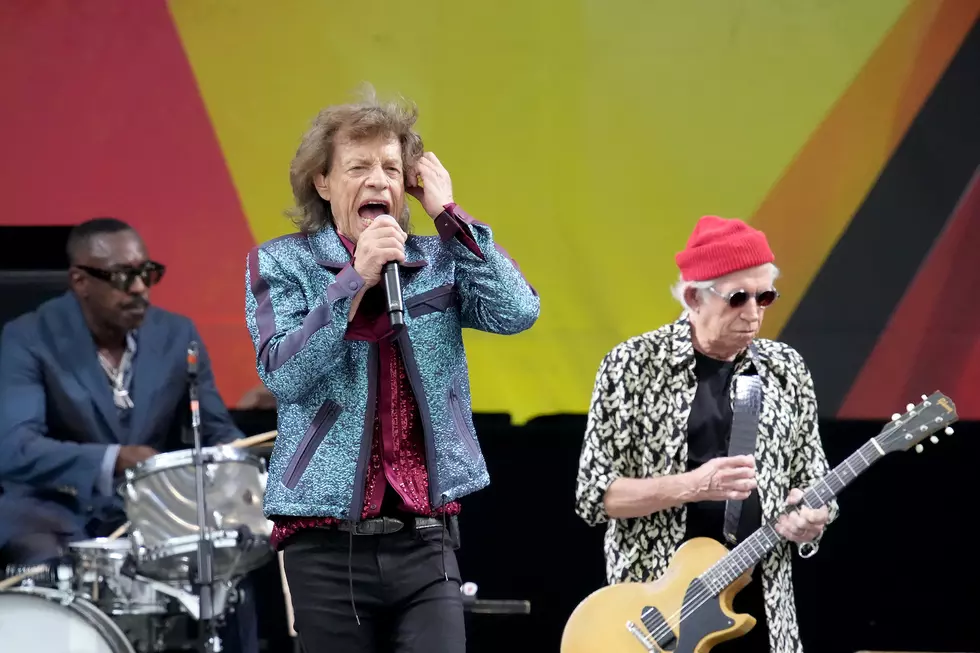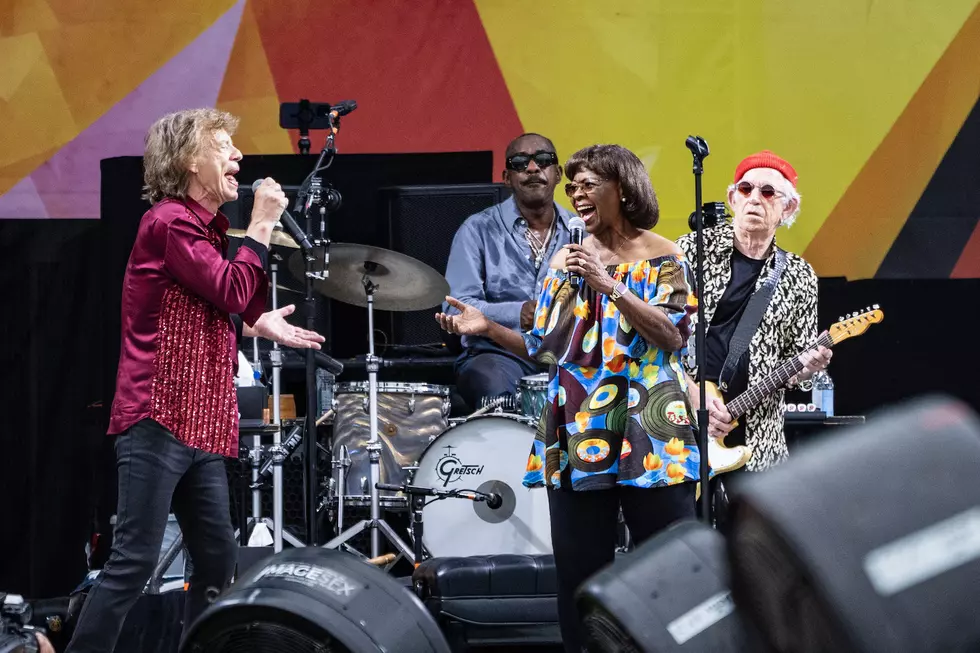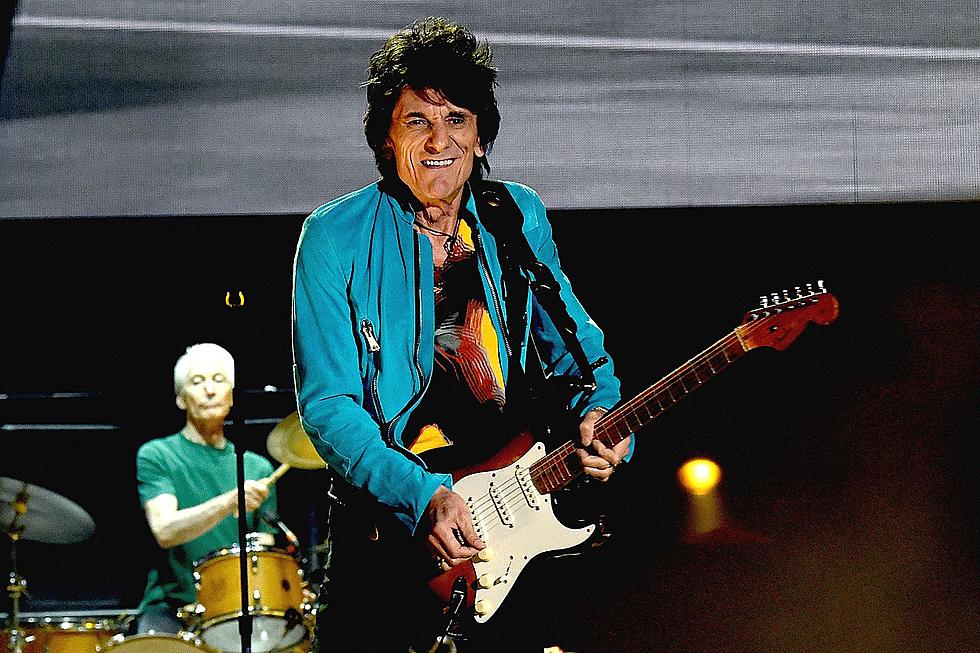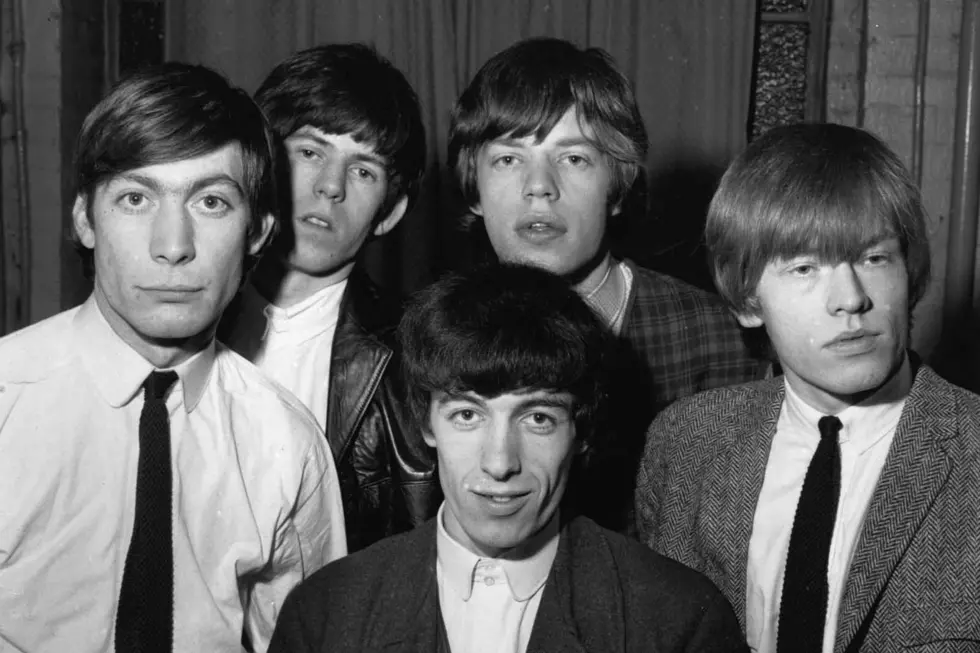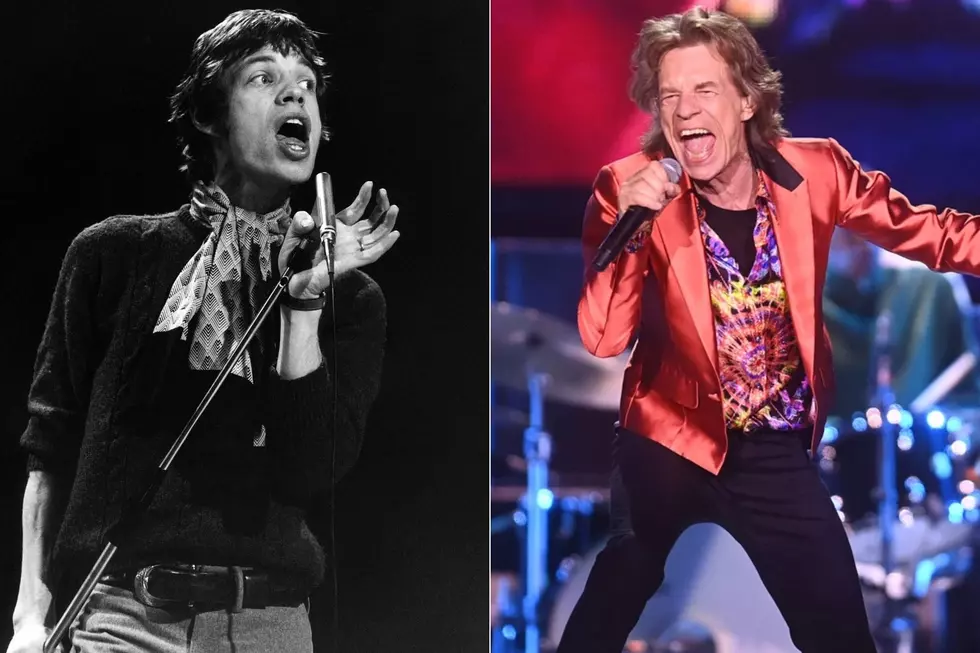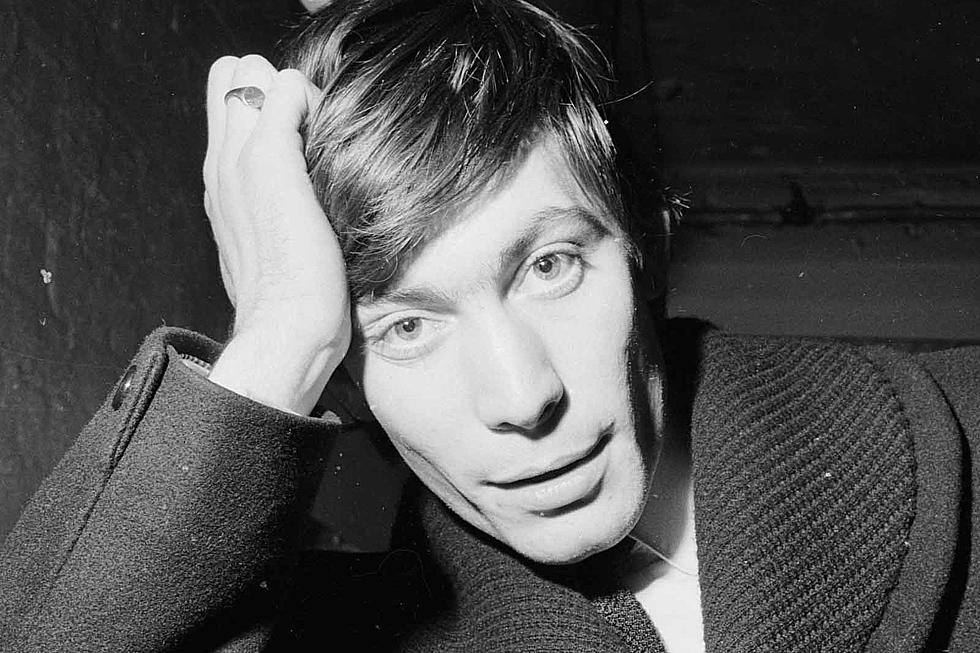
Rolling Stones Drummer Charlie Watts Dies at 80
Rolling Stones drummer Charlie Watts has died, a publicist confirms.
"He passed away peacefully in a London hospital earlier today surrounded by his family," his spokesman said in an official statement. "Charlie was a cherished husband, father and grandfather and also as a member of the Rolling Stones one of the greatest drummers of his generation. We kindly request that the privacy of his family, band members and close friends is respected at this difficult time."
No cause of death was immediately confirmed. Watts was 80.
Watts had already confirmed he'd sit out the Stones' fall 2021 U.S. tour after undergoing unspecified surgery. Drummer Steve Jordan, who has played on all three of Keith Richards' solo albums, was set to take over during the trek.
"Charlie has had a procedure which was completely successful," a band spokesperson said at the time, "but I gather his doctors this week concluded that he now needs proper rest and recuperation. With rehearsals starting in a couple of weeks it’s very disappointing to say the least, but it’s also fair to say no one saw this coming.”
Watts, in his own statement, joked: "For once my timing has been a little off. I am working hard to get fully fit but I have today accepted on the advice of the experts that this will take a while. After all the fans’ suffering caused by COVID, I really do not want the many fans who have been holding tickets for this tour to be disappointed by another postponement or cancellation."
Born on June 2, 1941 in Bloomsbury, London, Watts began drumming as a teenager after his parents gifted him a kit, practicing to his beloved jazz records. He briefly attended the Harrow Art School in London before leaving to work as a graphic designer. He also played with various bands at local clubs and coffee shops and, in 1958, joined the Jo Jones All Stars with his childhood neighbor, jazz bassist Dave Green.
Watts and Green's stints in the Jo Jones All Stars were brief. In 1959, Green left to play with other musicians, while Watts linked up with local blues musician and radio broadcaster Alexis Korner and joined his band, Blues Incorporated. “I went into rhythm and blues,” Watts told the New Yorker in 2012. “When they asked me to play, I didn’t know what it was. I thought it meant Charlie Parker, played slow.”
In 1962, Watts met his future Rolling Stones bandmates Mick Jagger, Richards, Brian Jones and Ian "Stu" Stewart, who were also fixtures at London's R&B clubs. He joined the band on Jan. 9, 1963 and played his first gig with them three days later at the Ealing Blues Club, beginning one of the longest and most remarkable tenures in rock history.
Watts appeared on every Stones album, single and tour from 1963 until 2021. He also created comic strips for the band's record sleeves and collaborated with Jagger on elaborate stage designs for the Rolling Stones' mammoth arena and stadium treks, including 1975's Tour of the Americas and 1989-1990's Steel Wheels/Urban Jungle Tour.
Over his six-decade career, Watts earned praise from fellow drummers and millions of fans for his elegant, economic approach to rock drumming, which was greatly influenced by his jazz roots. He was inducted into Modern Drummer magazine's Hall of Fame in 2006, joining the likes of Ringo Starr, Keith Moon, Neil Peart, John Bonham and Buddy Rich.
Ironically, for a drummer who spent his entire adult life providing the bedrock for arguably the biggest stadium-rock band of all time, Watts never seemed to show particular enthusiasm for the genre he helped define. Instead, he preferred camaraderie and a more humble scale. “In jazz, you’re closer,” Watts told the New Yorker. “In a football stadium, you can’t say you’re closely knit together. It’s difficult to know what Mick’s up to when you can’t even see him. He’s gone around the corner and he’s half a mile away.”
Watts was also markedly more reserved than his legendarily debauched bandmates. “I’ve never filled the stereotype of the rock star,” he told Rolling Stone in 1994. “Back in the ’70s, Bill Wyman and I decided to grow beards, and the effort left us exhausted.”
He was never shy about his disdain for touring, either. "I play drums, and the only way to play drums is to be away from home,” Watts said. "It’s the blight of my life. It’s like being a soldier. When I get a call from Mick or Keith, it’s a call to arms: five months on the road.”
Yet bandmates mistook Watts' reserved demeanor for weakness at their own peril. In his 2010 memoir Life, Richards recalled one revelrous night in the '80s when an inebriated Jagger called Watts' hotel room and demanded, "Where's my drummer?" After receiving the call, Watts got up, shaved, put on a suit, tie and freshly shined shoes and walked down the stairs to meet Jagger. He punched the frontman square in the face and told him, "Don't ever call me your drummer again. You're my fucking singer!"
The simultaneously laidback and tireless Watts seemed to draw from a bottomless wellspring of energy to persevere through addiction, intra-band turmoil and health scares. He was diagnosed with throat cancer in 2004; a year later, he was back on the road in support of the Stones' 2005 album, A Bigger Bang.
"I thought I was going to die. I thought that's what you did. You get cancer and waste away and die," Watts said in a 2011 interview. "I had another operation to take the lymph nodes out and radiotherapy, which was six weeks long. Now it's five years clear."
Despite his occasional misgivings about life on the road, Watts remained committed to the Stones until the end. As he told the New Yorker, "I’m always saying, 'I’m tired; I want to retire,' and [Richards] says, 'Charlie, what else would you do?'"
In Memoriam: 2021 Deaths
You Think You Know the Rolling Stones?
More From Ultimate Classic Rock
